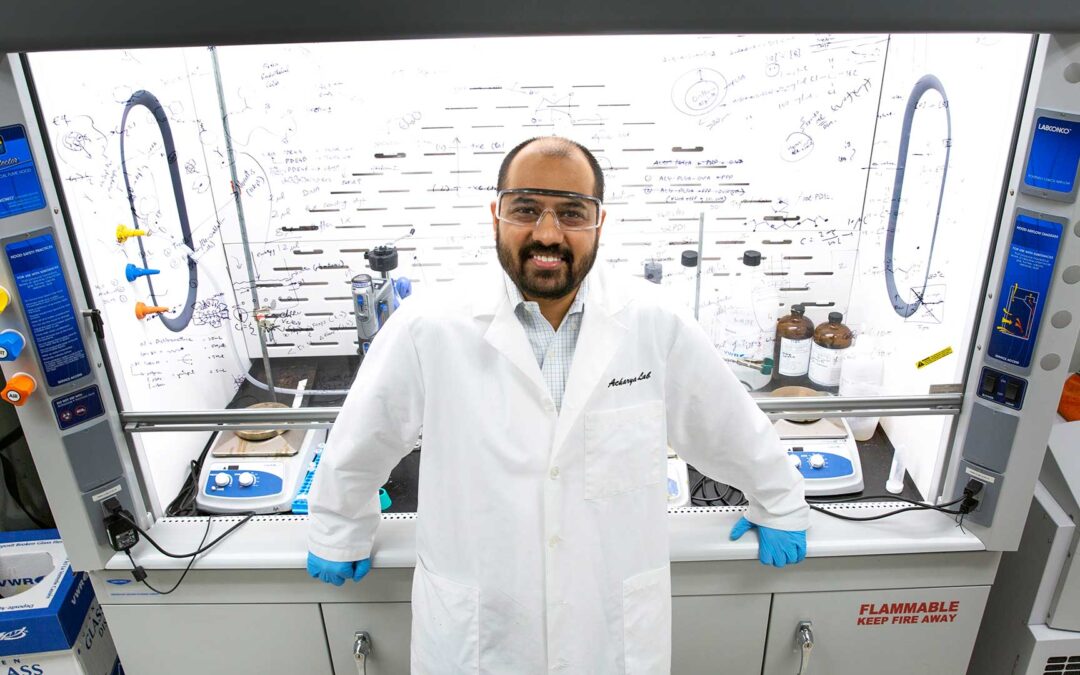We are constantly bombarded by stimulation in the form of light, sound, heat, pressure and other environmental factors. These stimuli come and go with varied frequencies and durations, but they can induce lasting genetic changes to the cells in our bodies.
“They are called epigenetic changes, and they can lead to the production of specific proteins that can be helpful or harmful to us,” says Abhinav Acharya, an assistant professor of chemical engineering in the Ira A. Fulton Schools of Engineering at Arizona State University.
Acharya is also an immunoengineer who applies the perspectives and skills of engineering to expand scientific understanding of the human immune system. Specifically, he explores how metabolic pathways affect our immune cells.
Metabolic pathways are biochemical reactions that deliver the energy necessary to keep us alive. The process happens through the action of metabolites, which are small molecules that support the generation of energy in each cell of our bodies. Additionally, they can emit signals and modify cell function.
